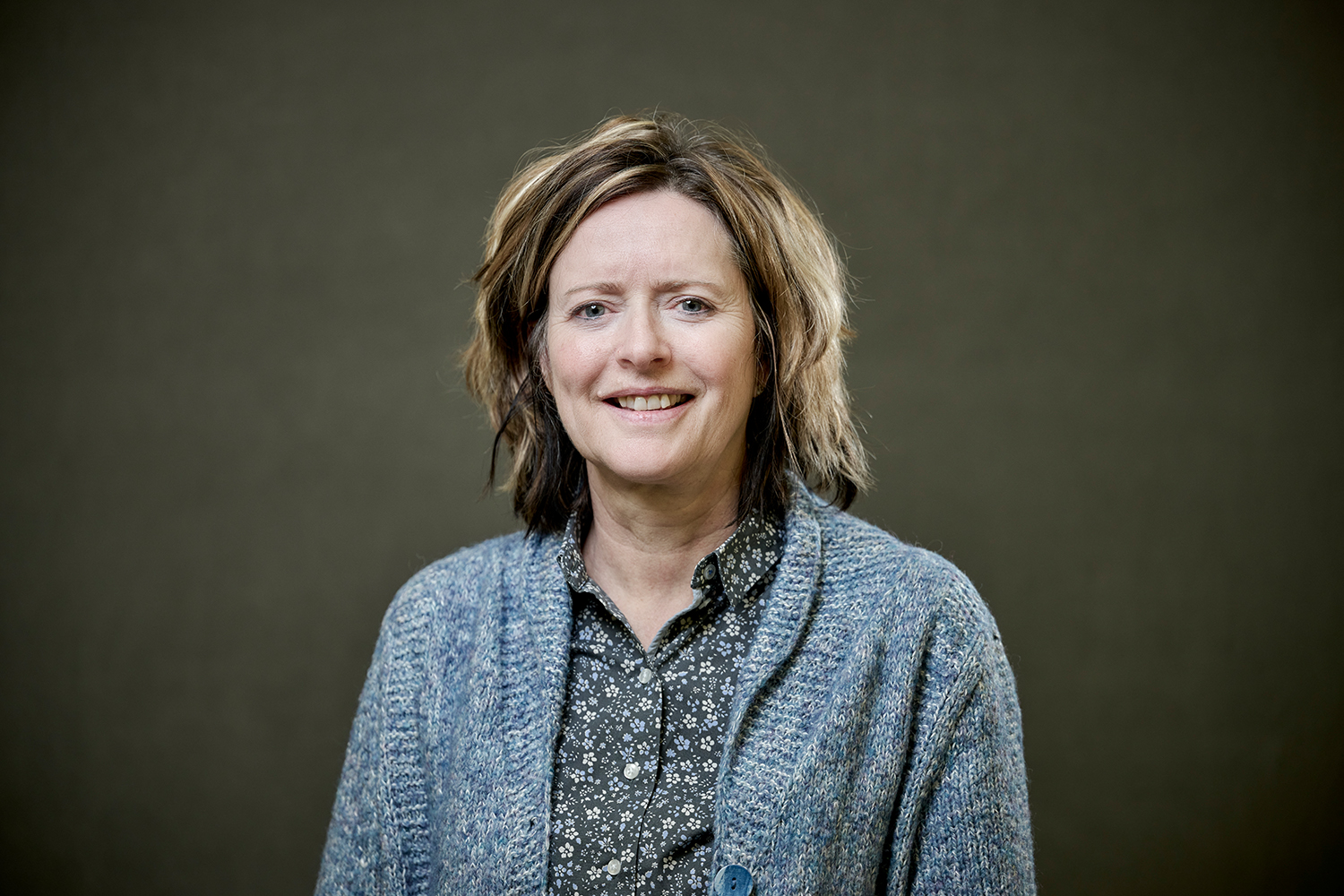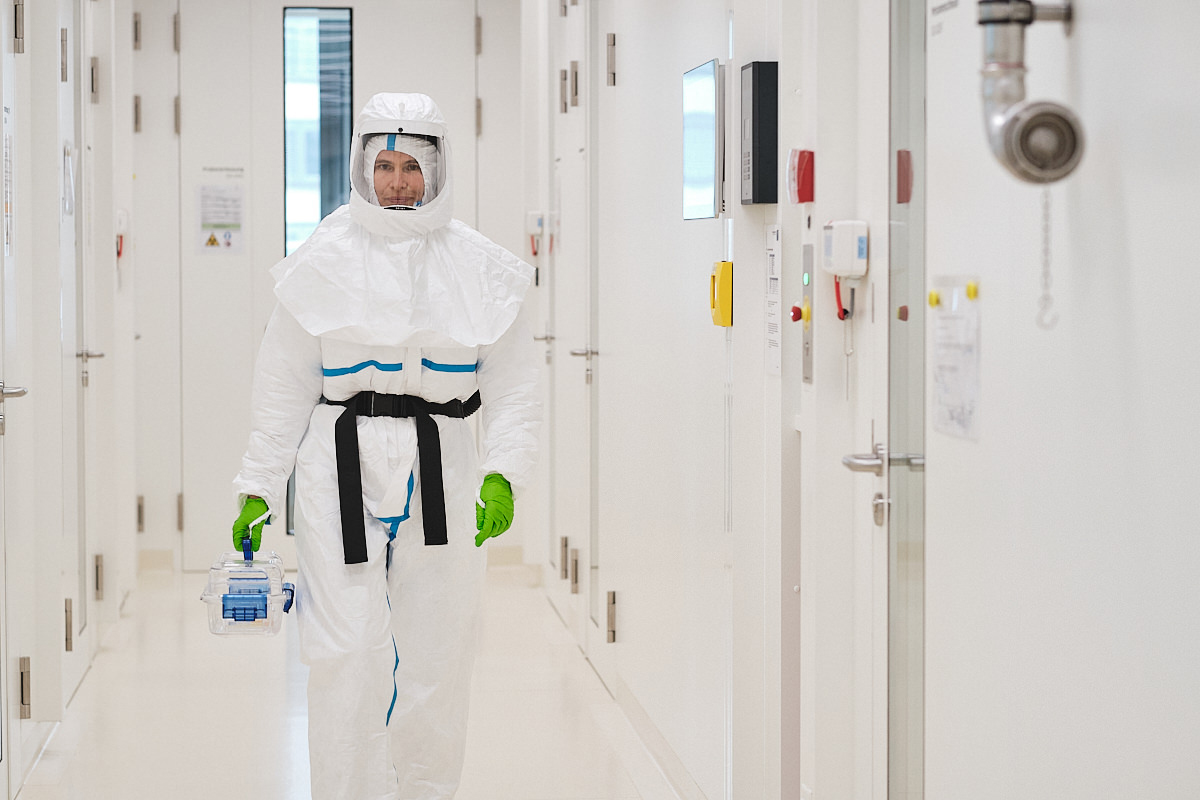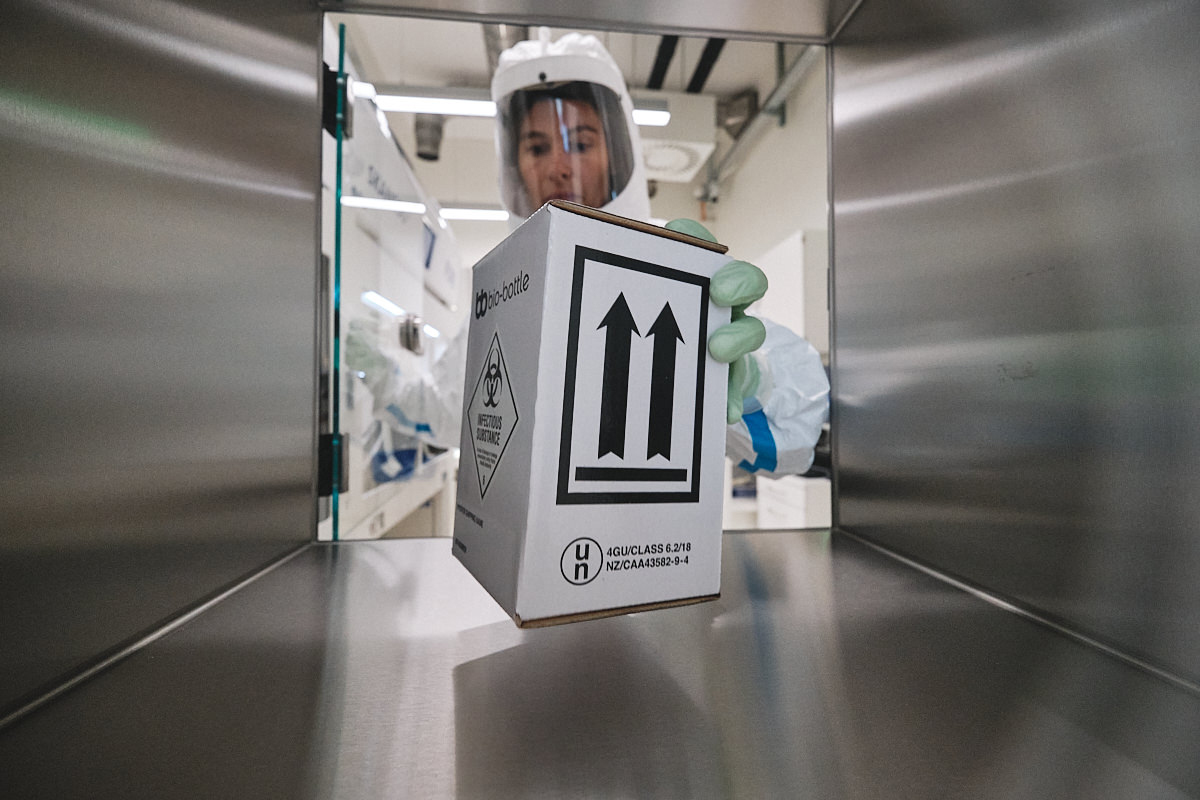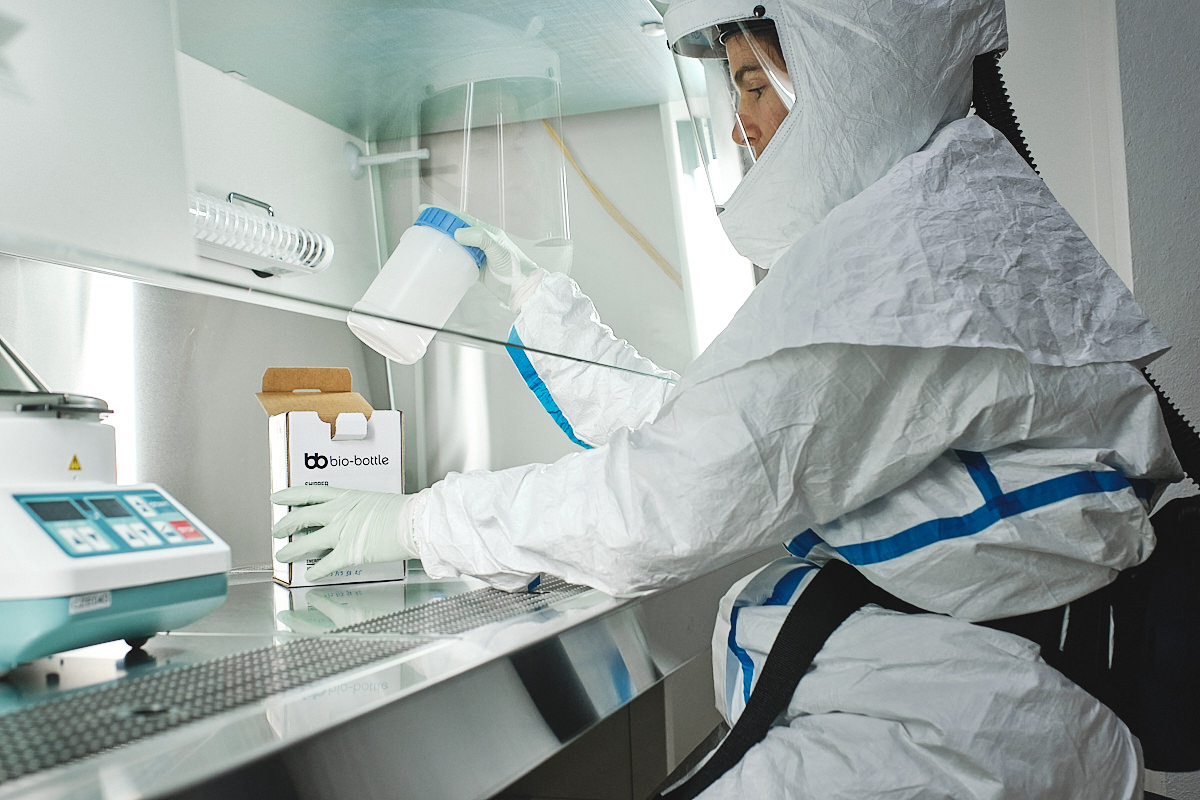University of Bern supports the WHO in the area of biosafety and biosecurity
The World Health Organization (WHO) has appointed the Biosafety Center of the Institute for Infectious Diseases at the University of Bern as a Collaborating Center. The Biosafety Center will support the WHO with advice, training and the development of guidelines and instructions. It is the only WHO Biosafety Collaborating Center in the world to be based at a university.
The Biosafety Center is operated by the Institute for Infectious Diseases at the University of Bern. Its tasks include supporting and monitoring risk-related activities involving pathogenic and genetically modified organisms. Among other things, the Biosafety Center is responsible for the safe operation of the IFIK's and sitem-insel's (Swiss Institute for Translational Medicine and Entrepreneurship) BSL-3 containment laboratory located in the building of sitem. The Biosafety Center acts as a nationally and internationally networked competence center in all areas of biosafety and biosecurity. As such, it has now been named a "Collaborating Center" in the areas of biosafety and biosecurity by the World Health Organization (WHO). Biosafety covers protection against unintentional harm in biological research, while biosecurity refers to protection against its intentional misuse (for example for biological weapons).
So far the only university "Collaborating Center" in the field of biosafety
WHO collaborating centers or partners are institutions such as research institutes or parts of universities that are mandated by the WHO Directorate-General to support WHO programs and activities at global, national and regional levels. There are currently over 800 WHO collaborating centers in over 80 member states working with WHO in areas such as nursing, occupational health, nutrition and communicable diseases.
The IFIK's Biosafety Center is the first and only one in the world to be based at a university and a clinical diagnostic microbiology laboratory. The other four WHO "Collaborating Centers for Biosafety and Biosecurity" are state institutions that operate at national level. "We are proud that our expertise is recognized by the WHO as equivalent to that of institutions in countries such as Canada," says Stephen Leib, Director of the IFIK.
Sought-After Bernese Expertise
In order to ensure the safe operation of the BSL-3 laboratory at IFIK, the Biosafety Center of IFIK was established in 2019. Its director, Kathrin Summermatter, along with her deputy, Monika Gsell, serves as a contact point for the WHO as a Collaborating Center. Summermatter has decades of experience in operating containment laboratories and has worked as an expert for the WHO on multiple occasions, inspecting laboratories in the USA and Russia where highly contagious smallpox viruses are handled. In 2021, she was also appointed by the WHO as one of 26 experts to a committee on the emergence of new disease pathogens. Now, as part of the Biosafety Center's role as a Collaborating Center, new responsibilities await them. "We look forward to supporting and advising the WHO in various areas," says Kathrin Summermatter. "We will, among other things, develop guidelines and instructions for the operation of containment laboratories or provide technological support to the WHO in expanding capacity and training in biosafety and biosecurity."
Consultation, Training, and new Guidelines
The collaboration is set to last for four years. In the initial phase, ongoing activities such as leading the technical advisory group on biosafety and biosecurity (TAG-B) will continue. Collaboration with other Collaborating Centers and the WHO, training programs in biosafety and biosecurity will be established and made available to countries. Various guidelines are under revision or need to be developed, and the Biosafety Center will actively contribute to these efforts.
|
Article in «uniAKTUELL» University of Bern supports the WHOThe Biosafety Center of the Institute for Infectious Diseases has been designated by the WHO as a Collaborating Center. It is one of only five such WHO Biosafety Collaborating Centers worldwide. |
About the Biosafety Center of the Institute for Infectious Diseases, University of BernThe Biosafety Center possesses extensive expertise in all areas of biosafety. It was founded in 2019 and is located at the Institute for Infectious Diseases IFIK at the University of Bern. Like the BSL-3 containment laboratory of IFIK, for whose safe operation it is responsible, the Biosafety Center is situated in the sitem-insel building on the Campus of the Inselspital, Bern University Hospital. In its activities, the Biosafety Center relies on national legal foundations as well as international guidelines and standards such as those of the WHO or the EU. As a member of key biosafety associations, it is connected nationally and internationally. This ensures that its expertise remains at the cutting edge of technology. The Biosafety Center provides technical support and consultation on topics such as risk assessments for activities involving pathogenic and genetically modified microorganisms, safety measures when handling organisms, disinfection, decontamination, and fumigation, sample shipment and transportation of biological samples, laboratory renovations, and construction. Additionally, the Biosafety Center develops biosafety concepts, implements them, and conducts training and audits. |
2023/12/21




